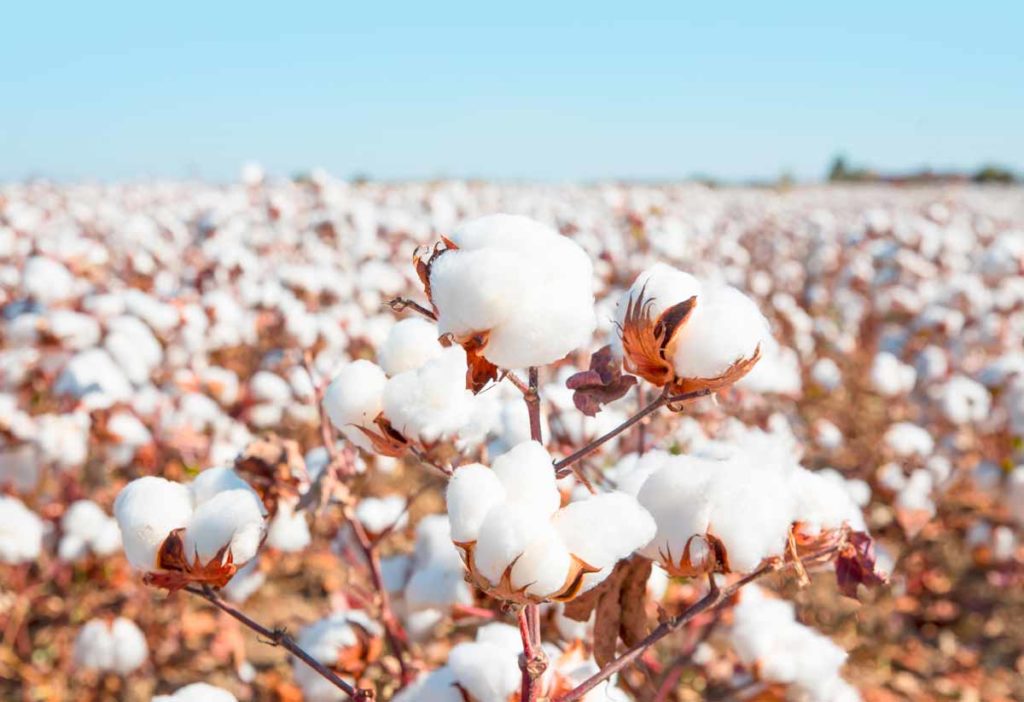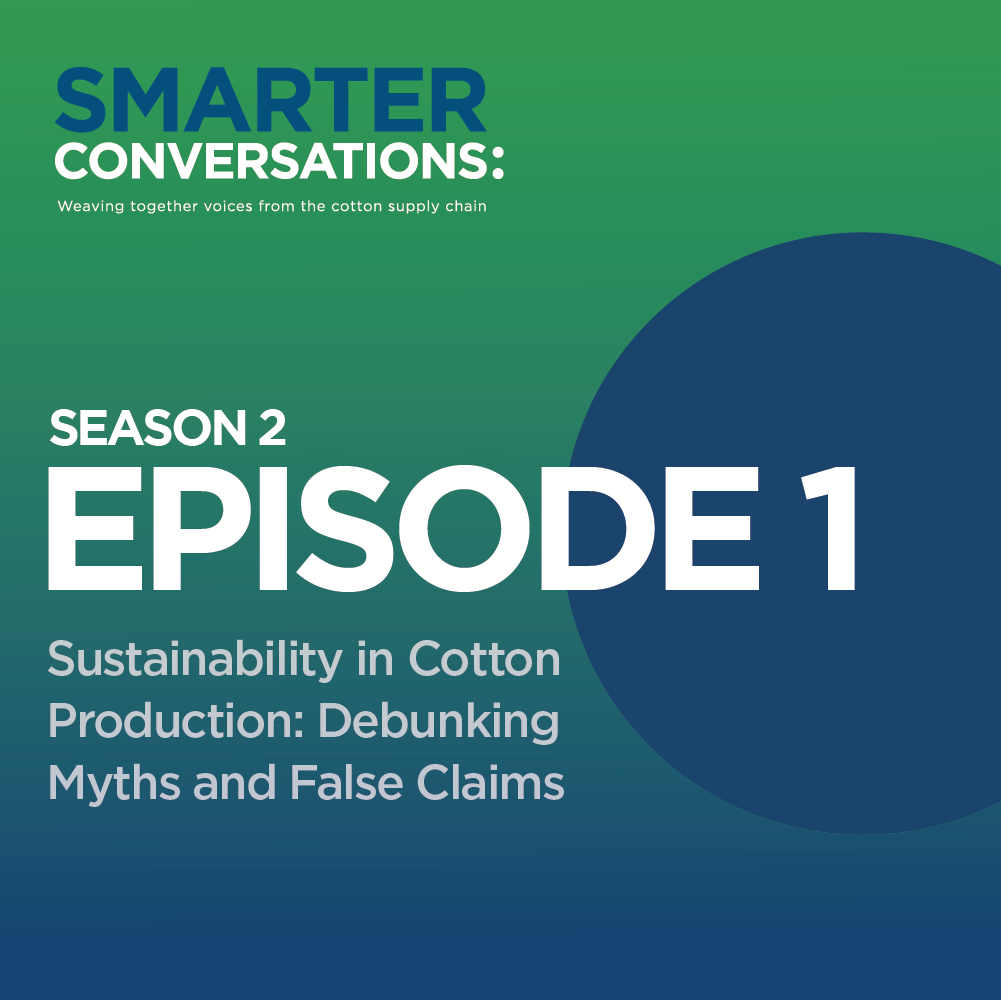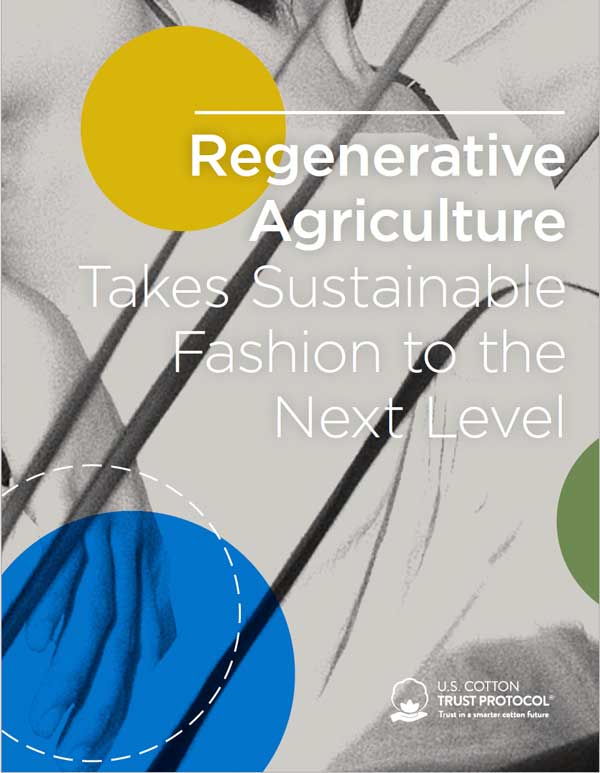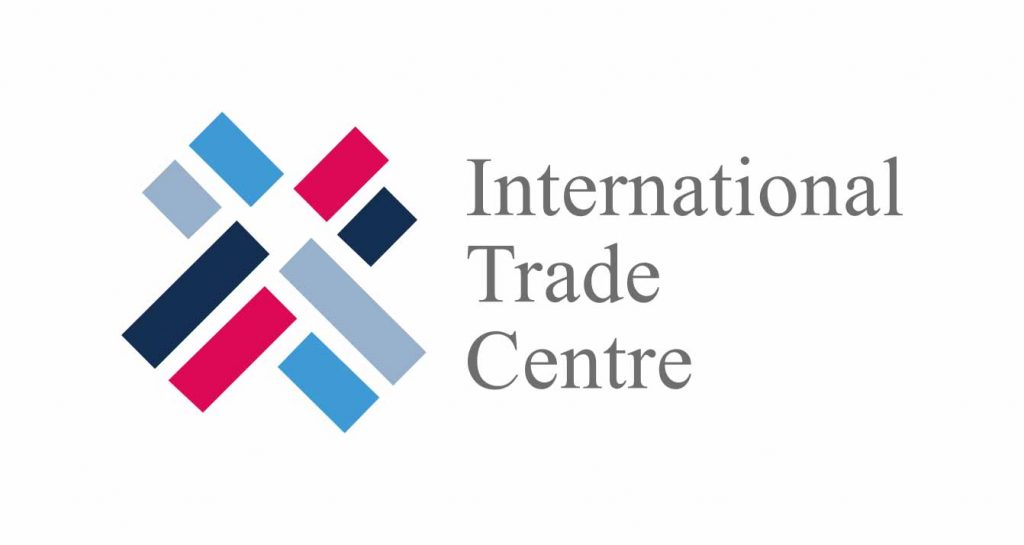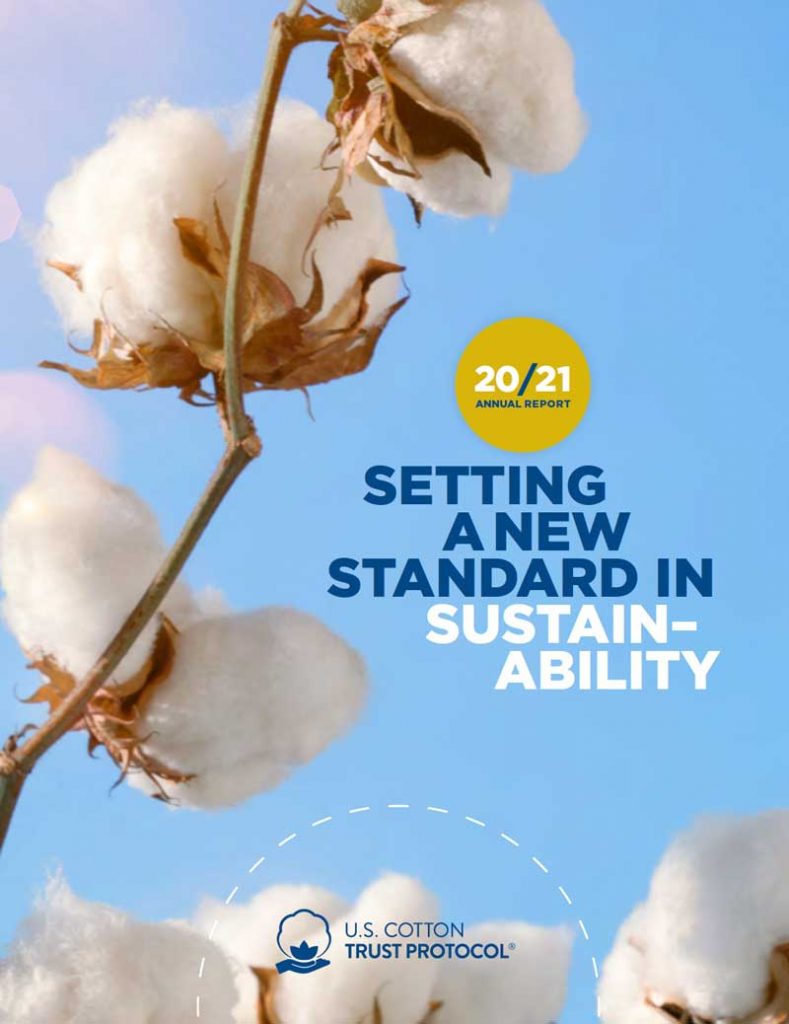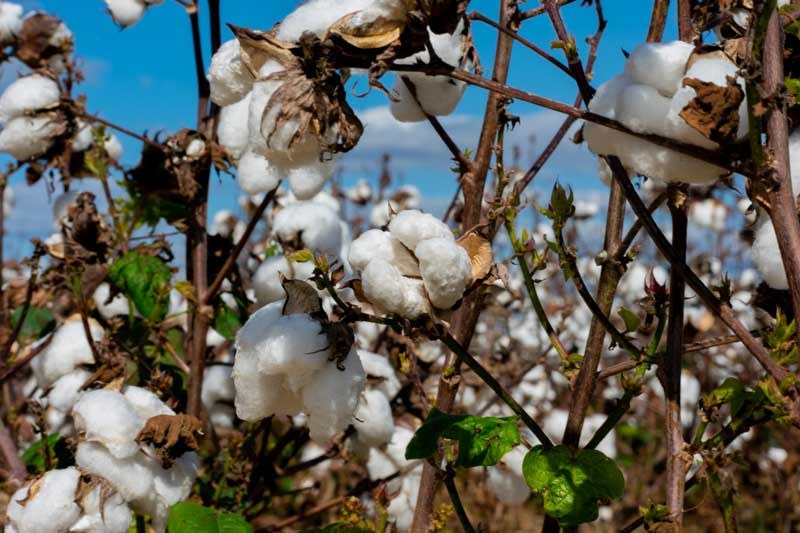Standard Guidelines
In a period of ever-greater supply chain scrutiny and a growing demand for transparency, the U.S. Cotton Trust Protocol will set a new standard in more sustainably grown cotton. It brings quantifiable and verifiable goals and measurement to the issue of responsibly-grown cotton production and drives continuous improvement in key sustainability metrics. The U.S. Cotton […]
Standard Guidelines Read More »


